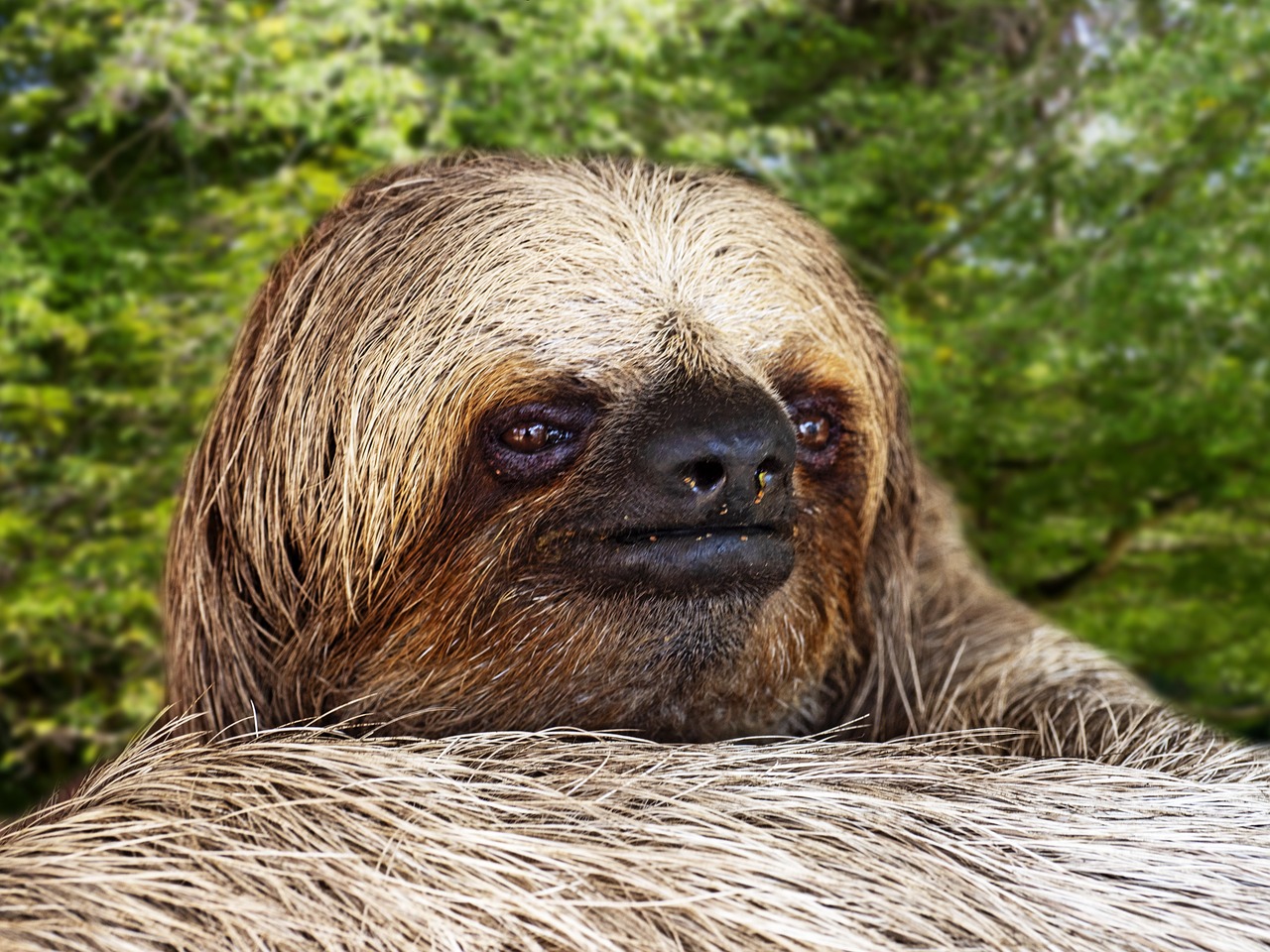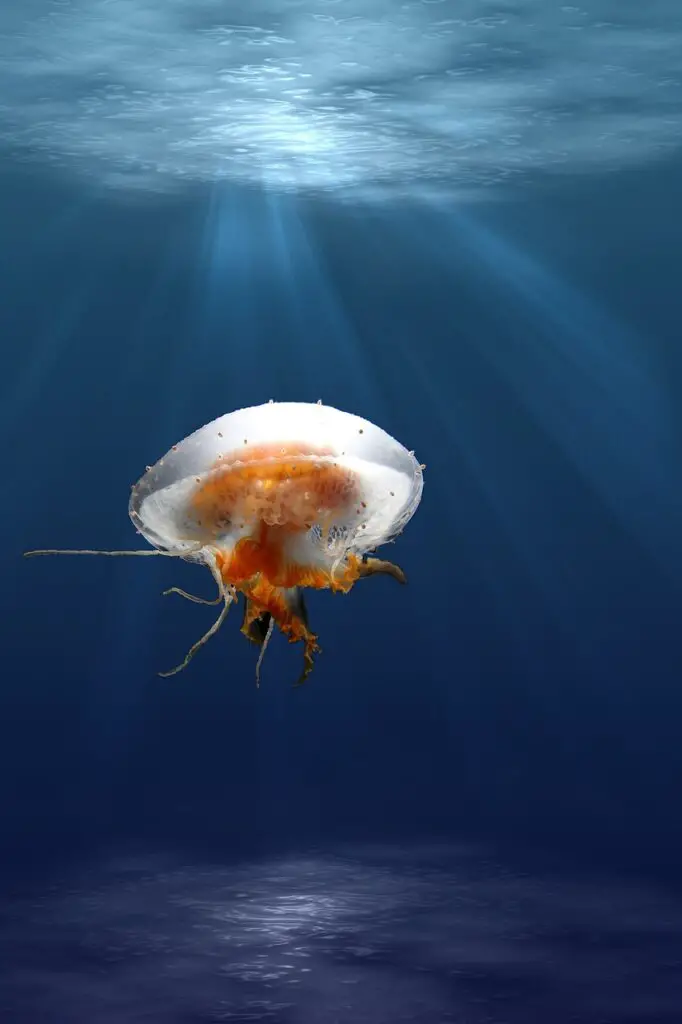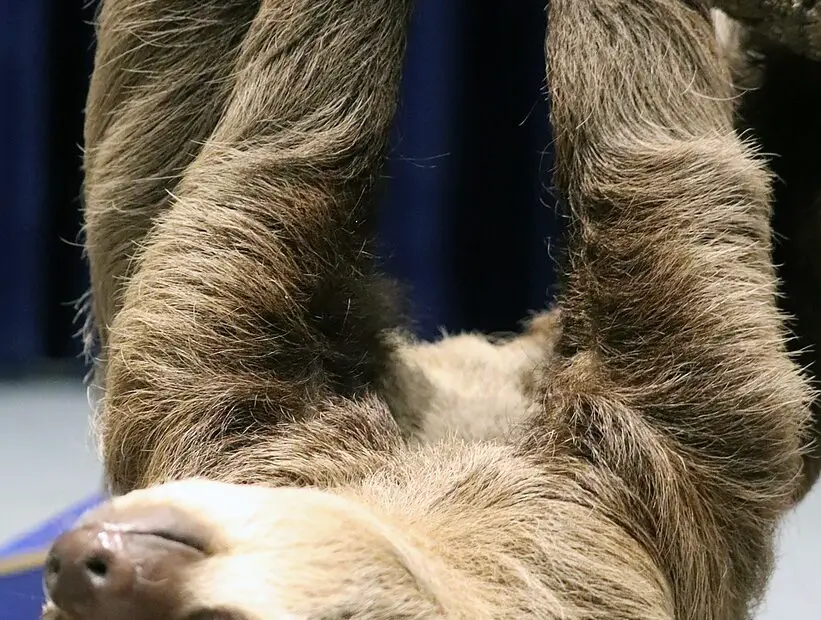When we discuss animal intelligence, it’s important to approach the topic with an open mind. Animals possess a wide range of cognitive abilities and behaviors that are intricately tied to their survival and adaptation. In this article, we explore the concept of dumbest animals and delve into the fascinating world of animal intelligence.
You may also want to read about the top 7 cute mini goats.
Understanding Animal Intelligence
Different Forms of Intelligence
Intelligence in animals is multifaceted and varies across species. While some animals exhibit problem-solving skills, memory retention, and social complexities, others may rely more on instinct and innate behaviors. It’s crucial to recognize that intelligence comes in diverse forms, and what may seem “dumb” to us humans may serve a vital purpose in the animal kingdom.
Intelligence vs. Adaptation
It’s important to distinguish between intelligence and adaptation. Animals have evolved various traits and behaviors that allow them to survive and thrive in their respective environments. What may appear as “dumb” to us may actually be a highly specialized adaptation that enables an animal to excel in its ecological niche.

Examples of Animals with Lower Cognitive Abilities
Sloths: The Slow-Moving Creatures
Sloths often receive attention for their slow-moving nature. While they may not excel in activities requiring speed or agility, sloths are highly adapted to their arboreal lifestyle. Their low metabolic rate and slow movements conserve energy, enabling them to survive in the nutrient-scarce environment of the rainforest. Sloths belong to the dumbest animals.
Jellyfish: Simplicity in the Sea
Jellyfish are fascinating creatures that lack a centralized nervous system. Their behavior is primarily governed by simple reflexes and responses to stimuli. Although they may not exhibit complex problem-solving skills, jellyfish have successfully thrived in oceans for millions of years. Jellyfish belong to the dumbest animals.
Turkeys: The Not-So-Bright Birds
Turkeys are often associated with being less intelligent among bird species. However, their behaviors and survival strategies should not be underestimated. Turkeys display excellent camouflage skills, social interactions, and even rudimentary problem-solving abilities in certain contexts.
The Complexity of Animal Behavior
Animal Survival Strategies
Animals employ a variety of survival strategies, from camouflage and mimicry to group cooperation and migration. These behaviors, although not driven by high cognitive abilities, are essential for their survival and adaptation to their environments.

The Role of Instincts
Instincts play a crucial role in animal behavior. Many species possess innate behaviors that are pre-programmed and do not require higher cognitive processing. These instincts guide animals in activities such as nesting, migration, and hunting.
The Wonders of the Animal Kingdom
While certain animals may not exhibit advanced problem-solving or reasoning abilities, the animal kingdom as a whole is a testament to the incredible diversity of life on our planet. Every species, regardless of its perceived intelligence, plays a unique role in maintaining the delicate balance of ecosystems.
Animals possess a wealth of fascinating abilities and adaptations that allow them to thrive in their environments. From the intricate behaviors of social insects to the remarkable navigation skills of migratory birds, the animal kingdom is a testament to the wonders of nature.
While some animals may not excel in tasks that humans consider intellectually demanding, it is important to appreciate the complexity and diversity of their behaviors. What may seem “dumb” or simple to us may be the result of millions of years of evolutionary fine-tuning and successful survival strategies.
As we continue to explore and study the animal world, we uncover new insights into the intricacies of animal intelligence. Research has shown that even animals traditionally perceived as less intelligent are capable of remarkable feats. For example, certain insects exhibit complex communication systems and problem-solving abilities.
In conclusion, the concept of “dumb” animals is a misrepresentation of the rich tapestry of life on Earth. Every creature, from the smallest insect to the largest mammal, has adapted and evolved to meet the challenges of its environment. Intelligence manifests in various forms, and it is our responsibility to appreciate and protect the incredible diversity of life that exists alongside us.
FAQs
- Can animals learn and acquire new skills? Yes, many animals have the capacity to learn and acquire new skills. They can adapt their behavior based on experience and environmental cues.
- Are there any animals with exceptional problem-solving abilities? Yes, several species have demonstrated impressive problem-solving skills. Examples include certain primates, dolphins, and corvids like ravens and crows.
- How do scientists study animal intelligence? Scientists use a variety of methods to study animal intelligence, including observational studies, controlled experiments, and cognitive tests designed specifically for each species.
- Are there any animals that have displayed advanced tool use? Yes, tool use has been observed in several animals, including primates, birds, and marine mammals. These behaviors showcase their ability to use external objects to manipulate their environment.
- What can we learn from studying animal intelligence? Studying animal intelligence provides insights into the evolution of cognition, social behavior, and the diverse ways in which different species adapt and survive in their habitats.
